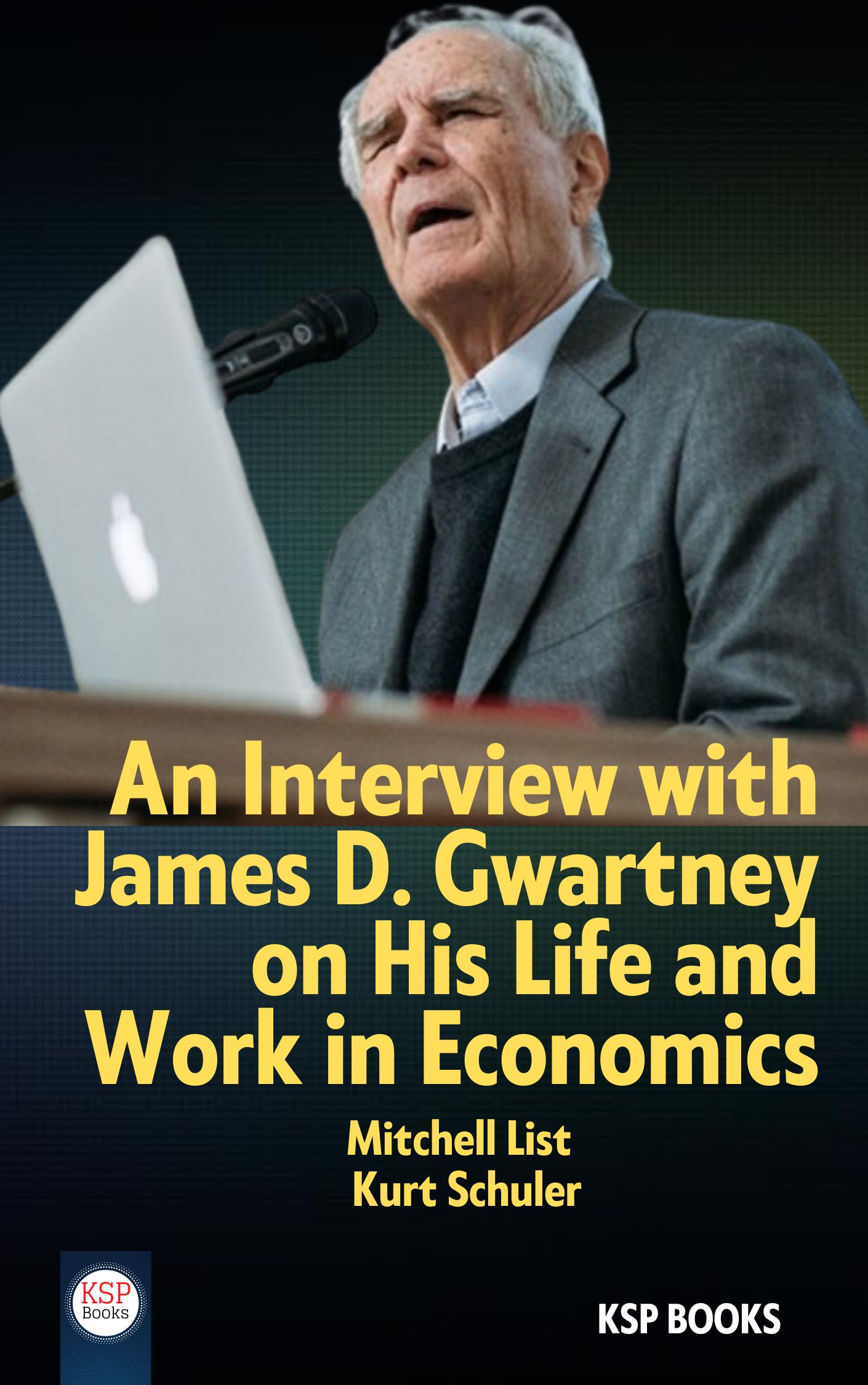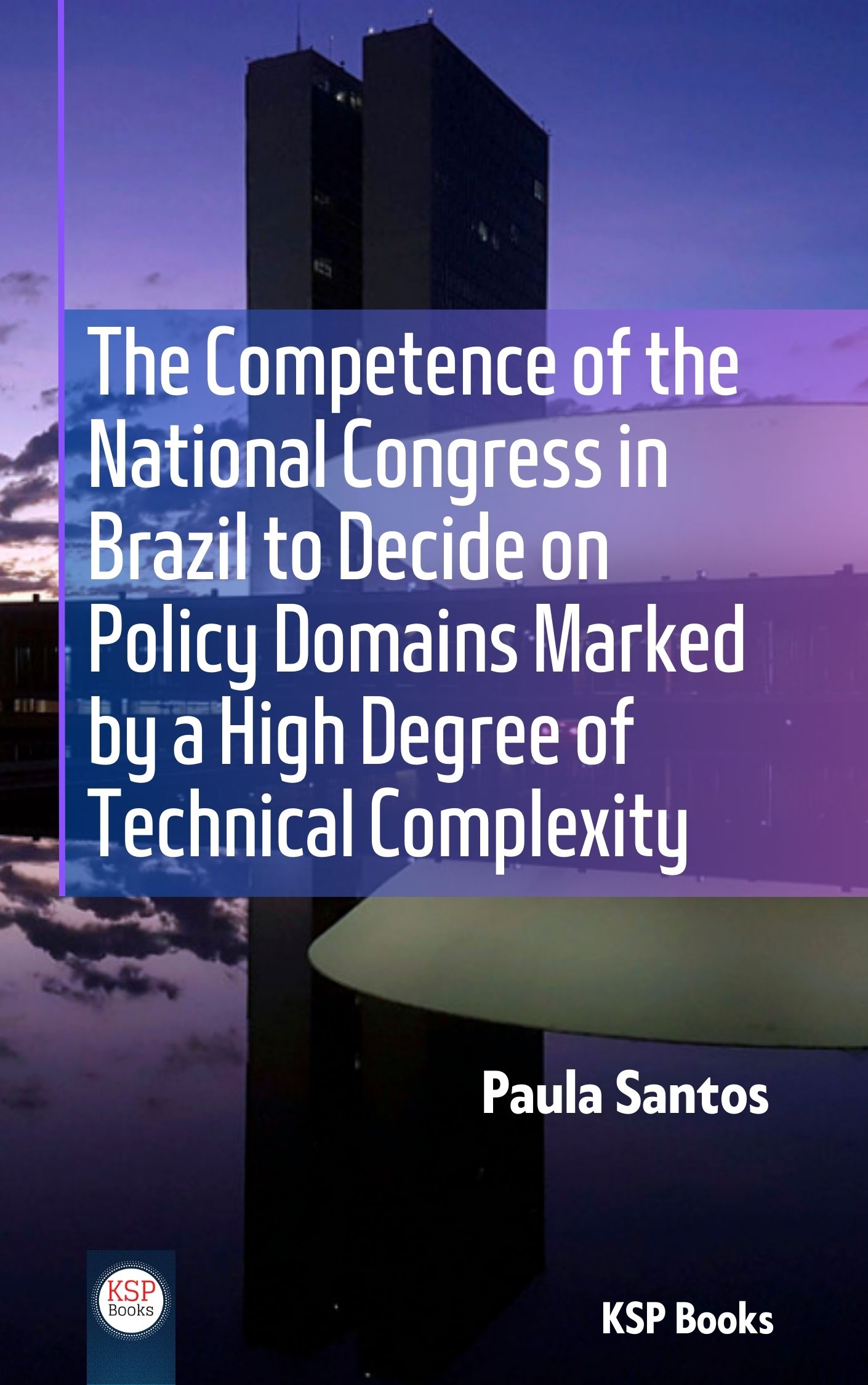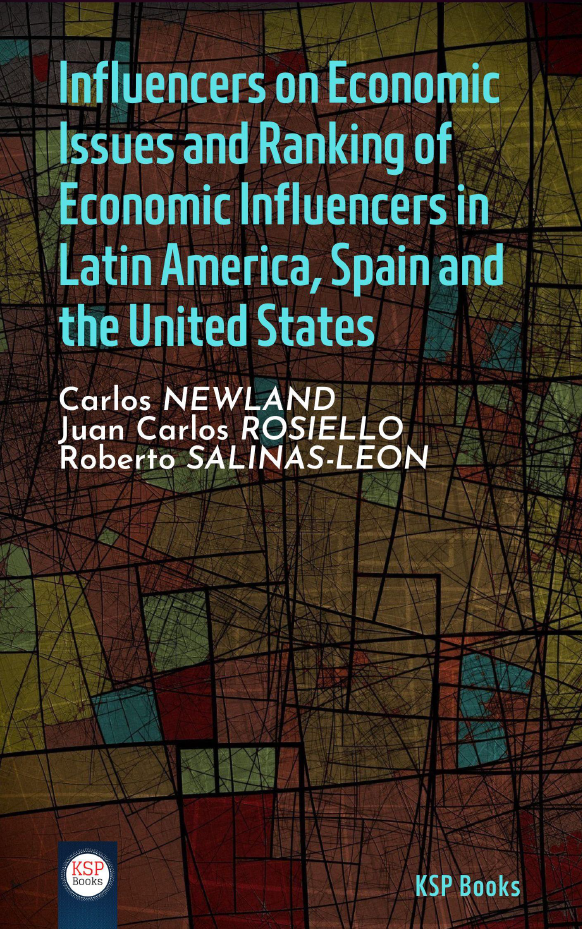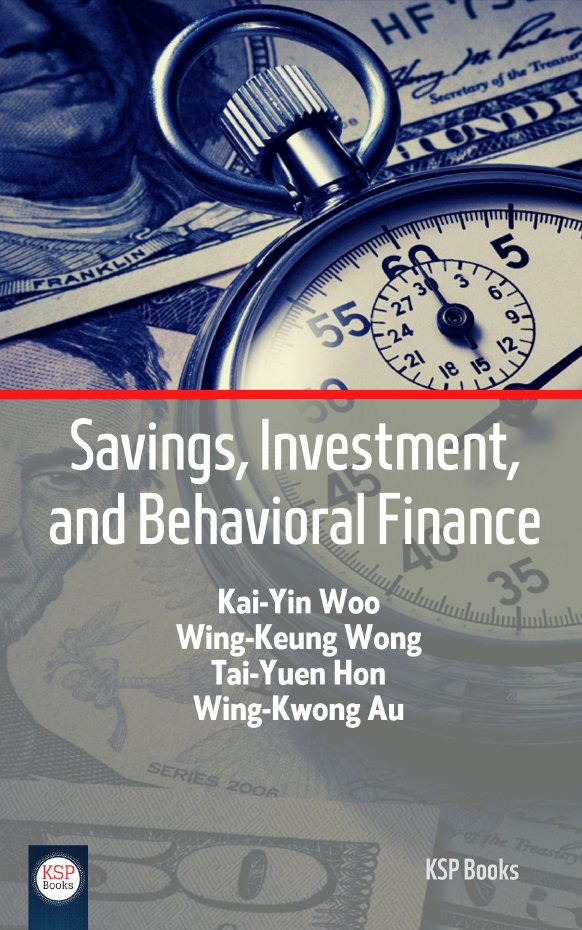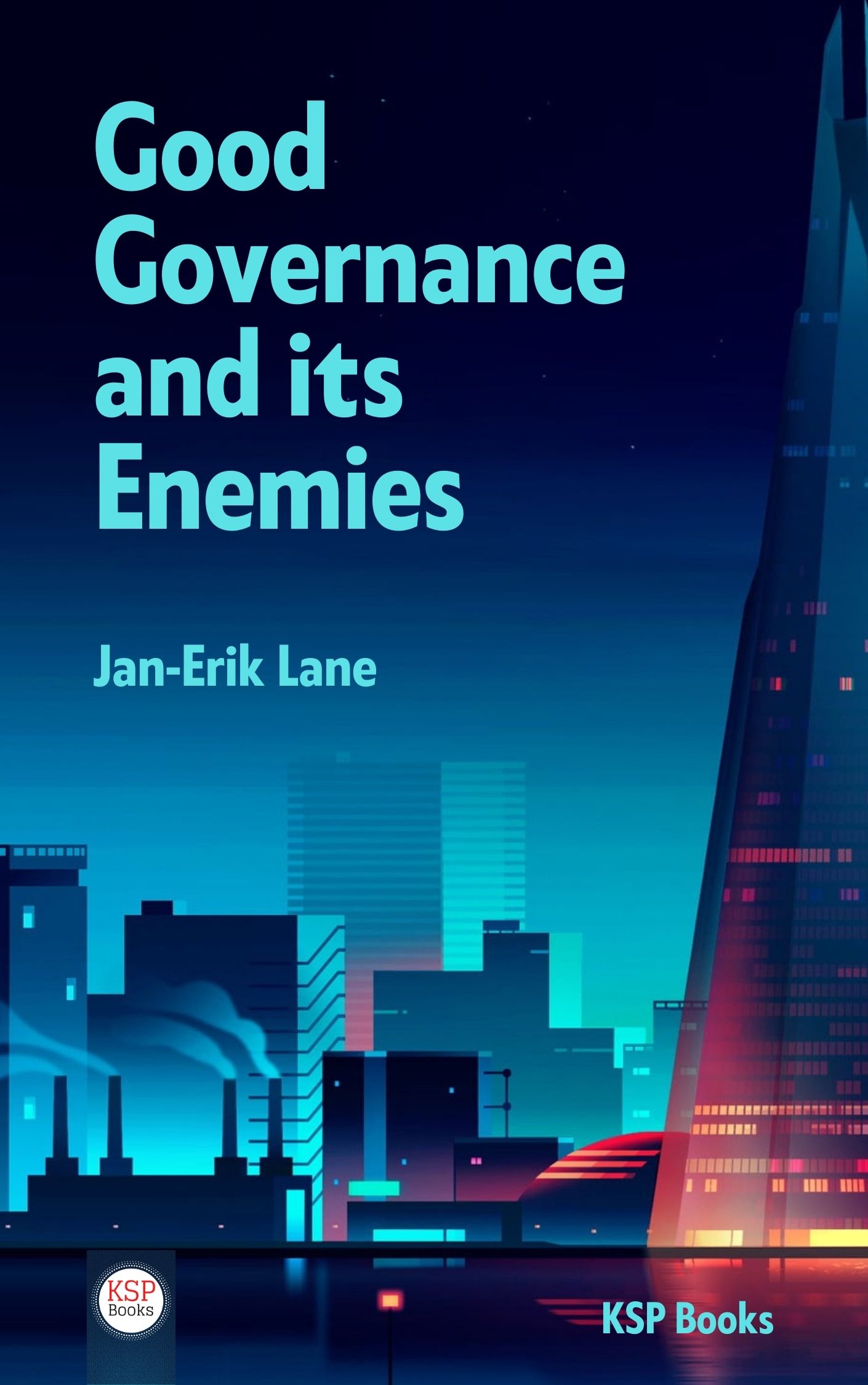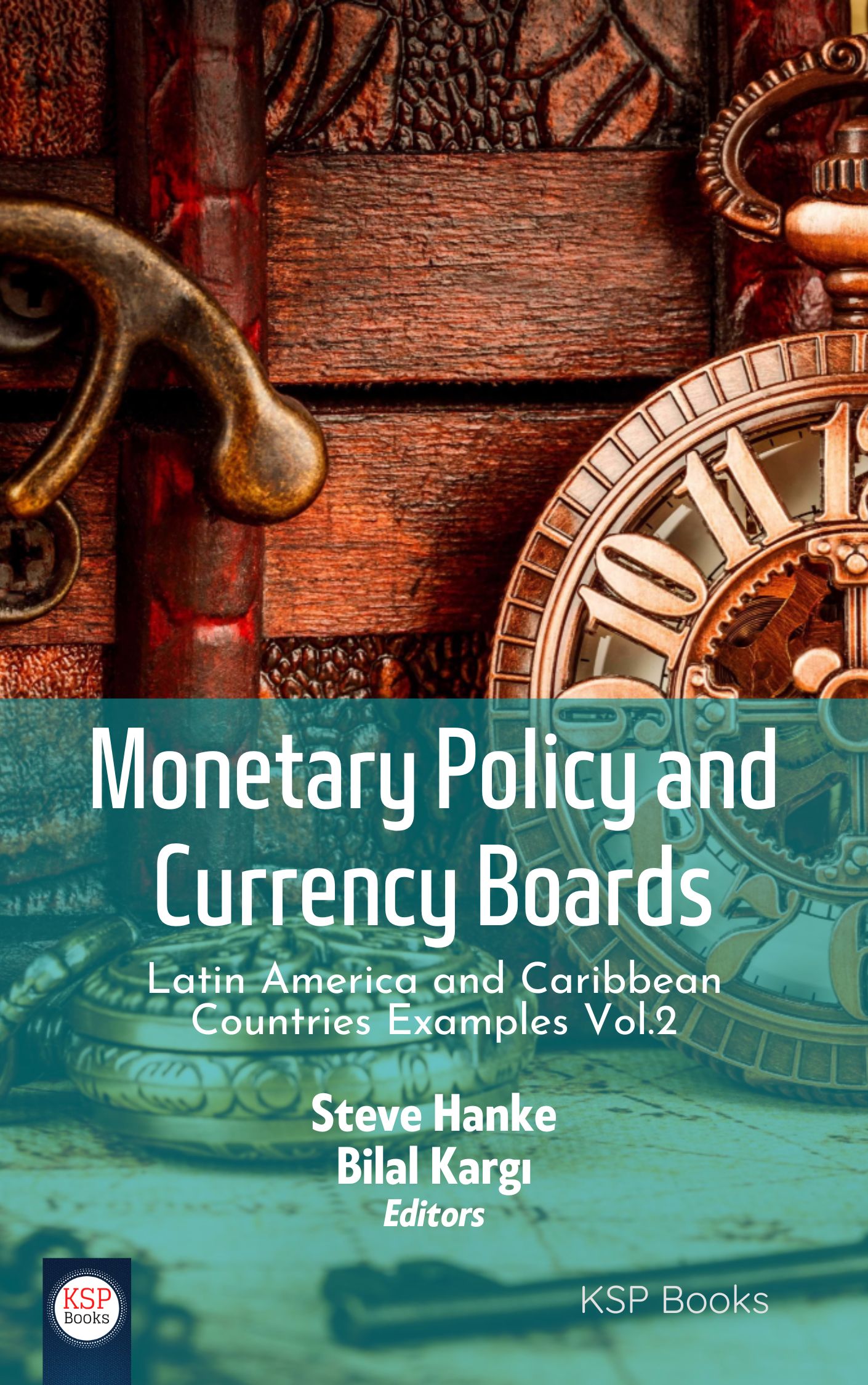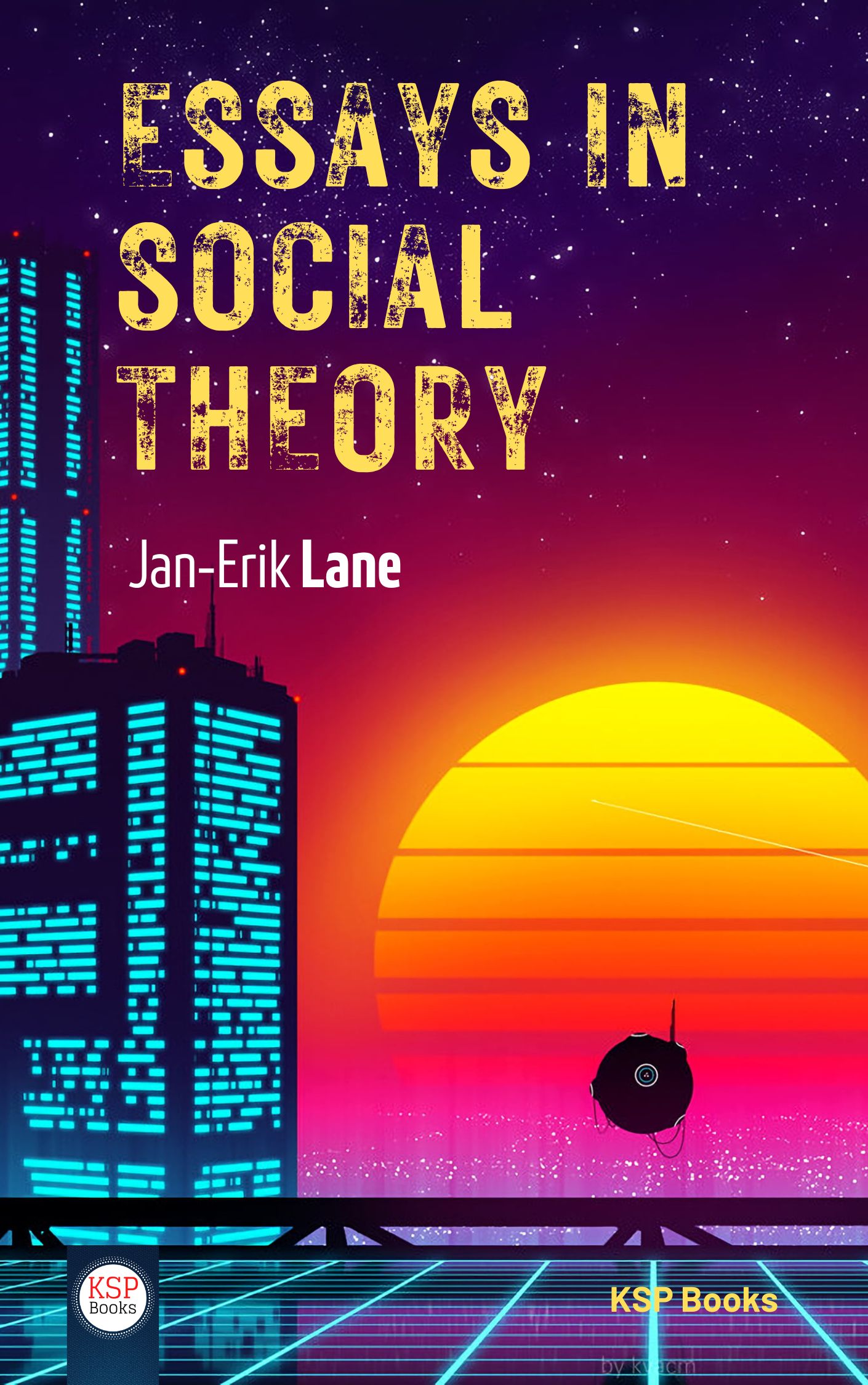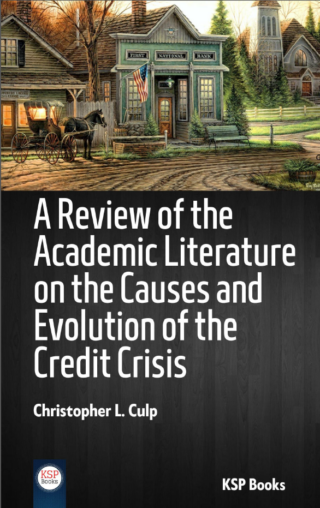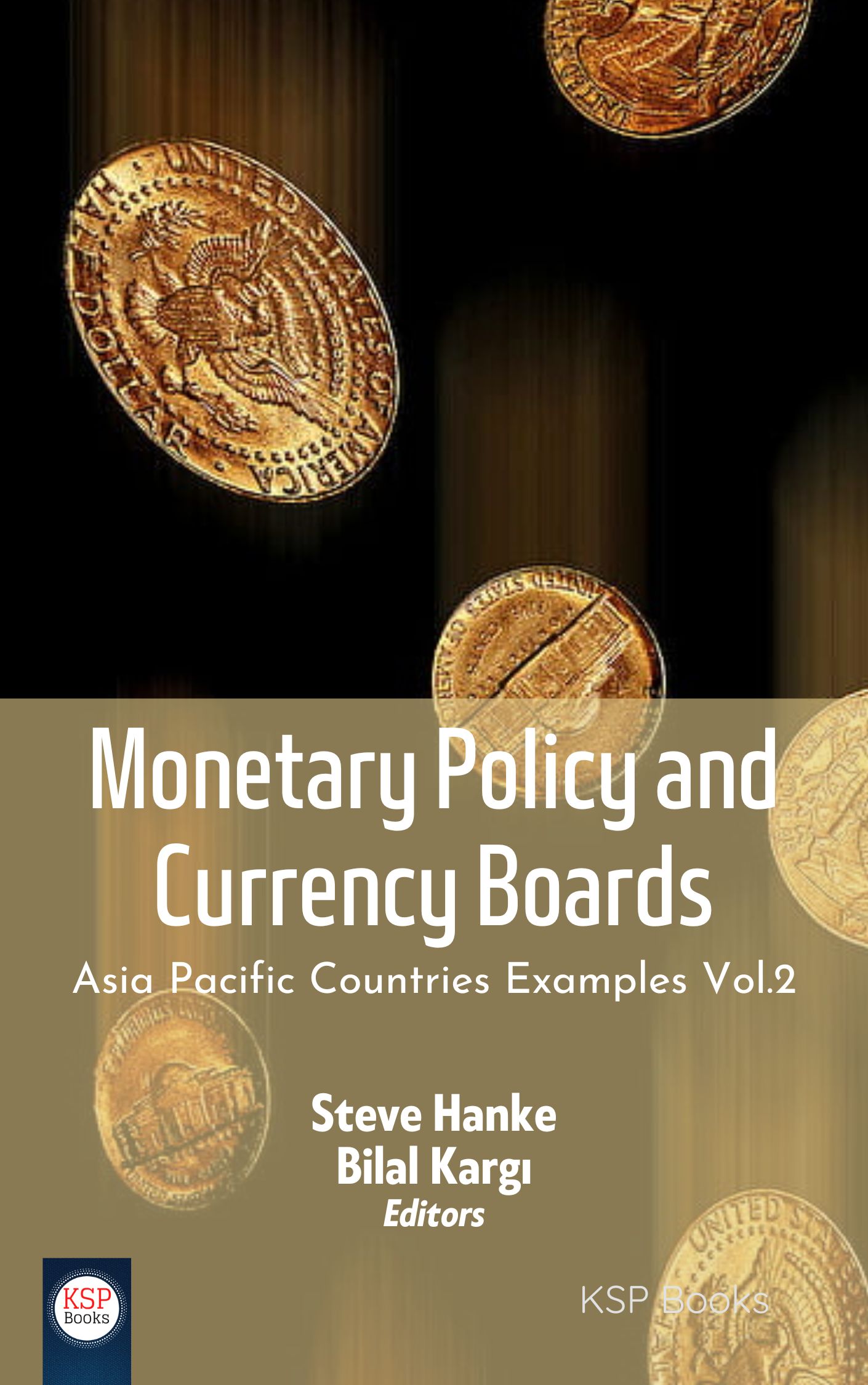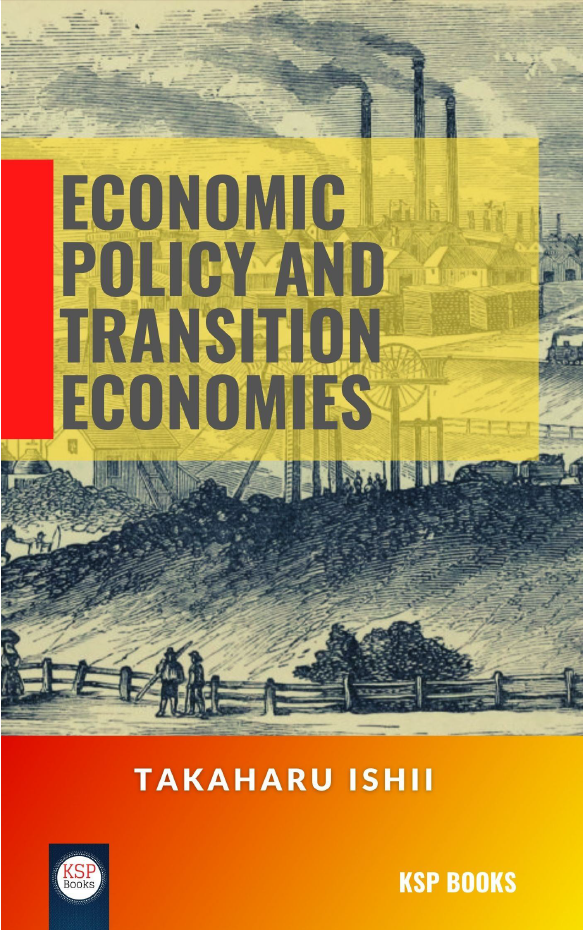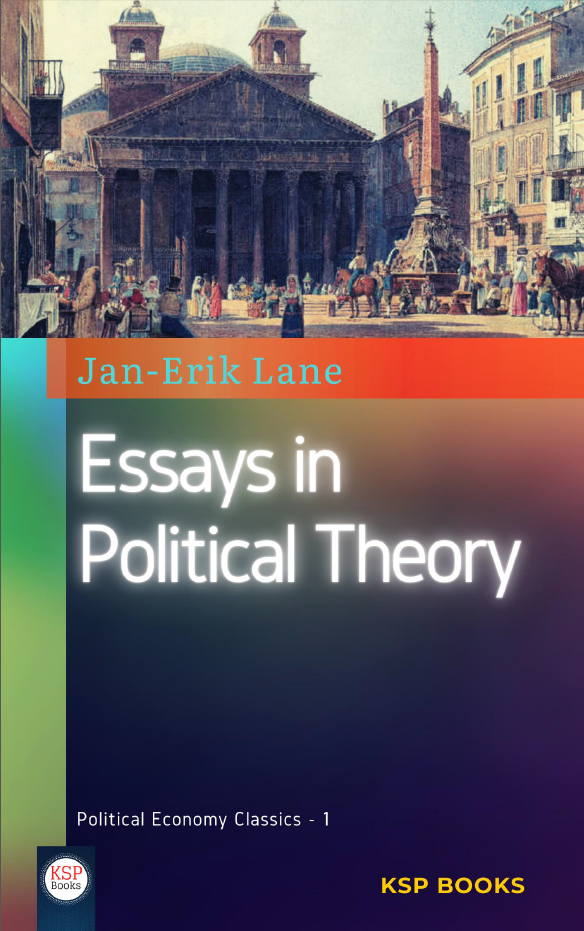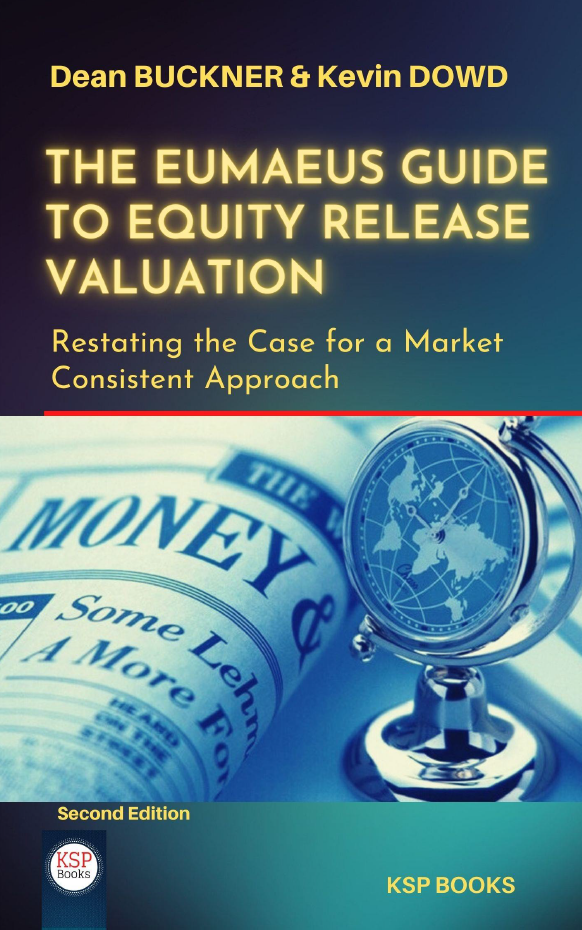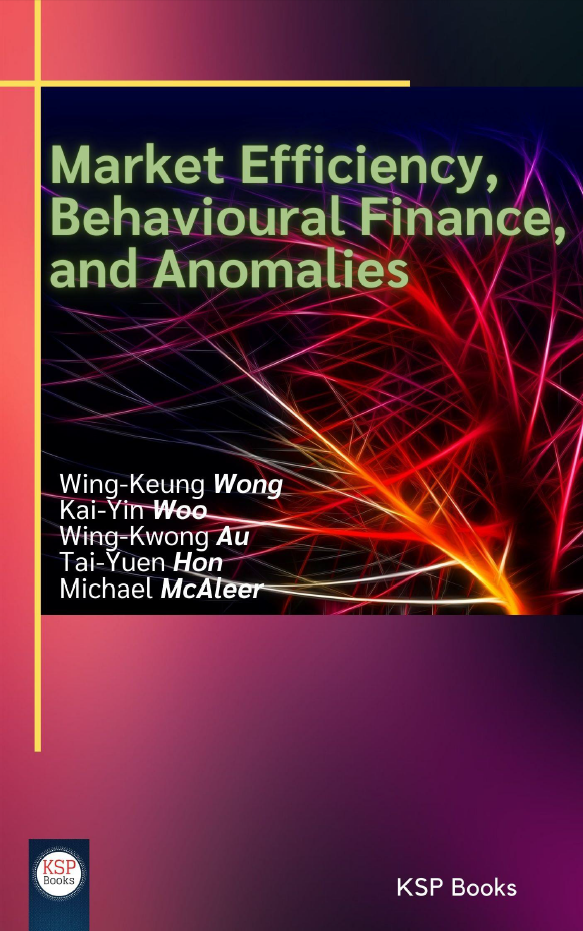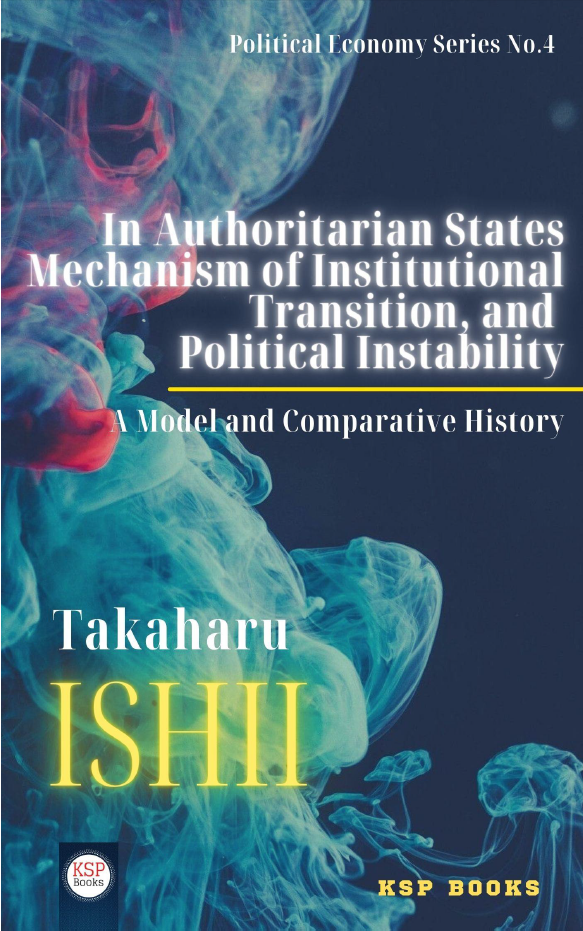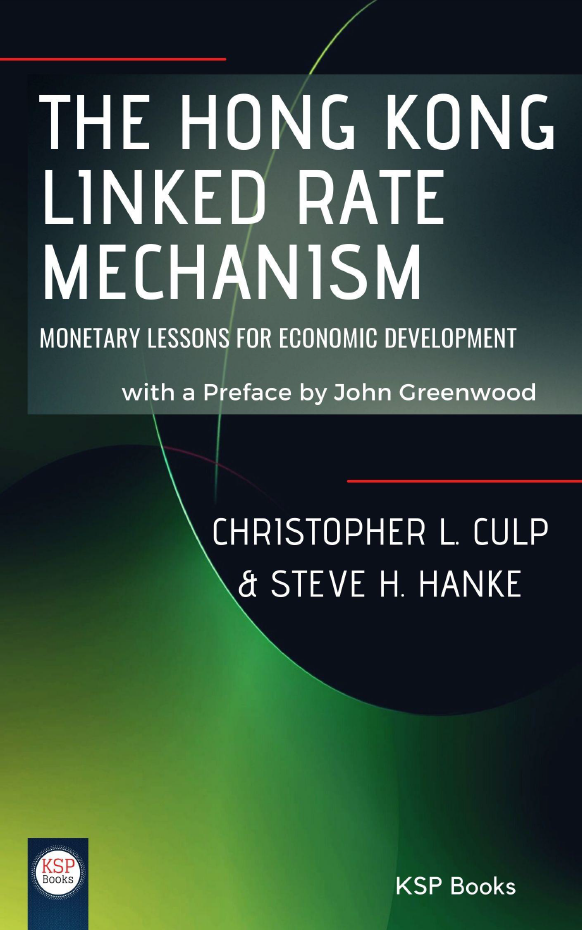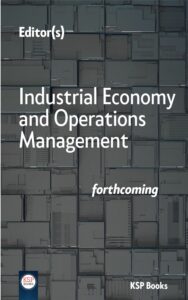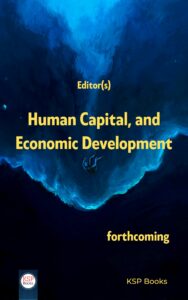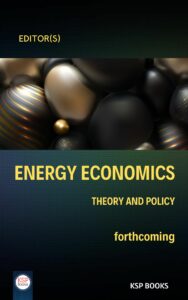By
Jan-Erik Lane
University of Geneva, Switzerland
e-ISBN: 978-625-6861-84-8
Publishing Date: October 28, 2023
File Size: 2,732 MB
Length: xiv + 139 pages (PDF)
Language: English
Dimensions: 13,5 x 21,5 cm
 This Book is completely open access. You can freely read, download and share with everyone.
This Book is completely open access. You can freely read, download and share with everyone. 
This book delves into the intricate relationship between legislative power, and public policy efficiency, exploring their impact on the formulation and implementation of public policies in Brazil. The book adopts a mixed-method approach, combining descriptive statistics and qualitative content analysis, to shed light on this less-explored aspect of legislative functioning, investigating whether the Legislative Power in Brazil uses its competence to vote on matters of a specialized nature or delegates the rule to the Executive Power. The legislative process analyzed in this thesis is one of a Provisional Measure. This process is the most appropriate because it involves both houses of Congress and begins with the Executive branch enacting the rule. Descriptive statistics show correlations between key variables, while qualitative content analysis revealed a preference for the Legislative Power to regulate matters of technical nature rather than delegating them to specialized bodies. The book's findings underscore the importance of public trust in government actions, as both the Executive and Legislative branches need to prioritize transparency, accountability, and responsiveness to maintain public confidence in the regulatory process. Policymakers must carefully assess the context and objectives of each regulatory proposal to make informed decisions about delegation that best serve the public's interests and the government's effective functioning.
Preface
1. Introduction
2. Friends of Good Governance: Rule of Law
Introduction
Concespts
Constitutional principles of good governance
Why rule of law: What is the basic rationale?
Rule of law in politics and public administration
Relevance of the principal-agent model
Conclusion
3. Entry and Exit in Politics
Introduction
Clubs and the principal-agent problematic
Entry
Exit
Asymmetric information
Conclusion
4. Enemies of Good Governance: Islamic Fundamentalism
Introduction
Islam: The Koranic civilisation
Mawdudi: “Islamisation”
Qutb: “Re-inventing the caliphate”
Faraj: “Offensive Jihad”
ISIS replacing Al-Qaeda
Conclusion
5. Culture and Good Governance
Introduction
Capitalism
Weber’s analysis of religion
The Islamic revolution in the 20th century
Legal-rational authority
Civilisations today: Rule of law
Rule of law
Conclusion
6. Good Governance: Two Meanings of “Rule of Law”
Introduction
Rule of law 1: Legality and judicial independence
Rule of law 2: Constitutional Democracy
Rule of law and the market economy
Political freedom and economic freedom
Rule of law: Thin and thick constitutionalism
Institutions and rule of law 1 and 2
The ombudsman office
Conclusion
7. The Twilight of the Scandinavian Model
Introduction
Voter volatility
Government instability
The welfare state reconsidered
Theory: Public interests and institutions
Conclusion
8. Nations and Global Economic Competition: Variable and Zero Sum Games
Introduction
Governments and the markets: What kinds of games?
Meanings of “economic competition”
Neo-liberal model: Variable sum game
The alternative discourse: Zero sum game
Competition: Three different idea-type games
Neoliberal credo
Conclusion
9. Commerce and Islamofobia
Introduction
Judge made law
Meaning of book fire
Kymlicka model: Swedish multiculturalism
Against book fires
Conclusion
References
Jan-Erik Lane
University of Geneva, Switzerland
Born in 1946 in Gothenburg, Jan-Erik Lane was raised in Stockholm and Malmö. He finished his school education in the classics in 1965. At university og Lund and Umeå he took grades in History, Political Science, Economics and Philosophy. He has held tenured positions at Umeå University, Oslo University and Geneva University. Invited as full professor, he has taught at several universities like e.g. Singapore, Hongkong, Cape Town, Rotterdam, and Jerusalem as well as Freiburg in Breisgau.
Related EconPedia Items



